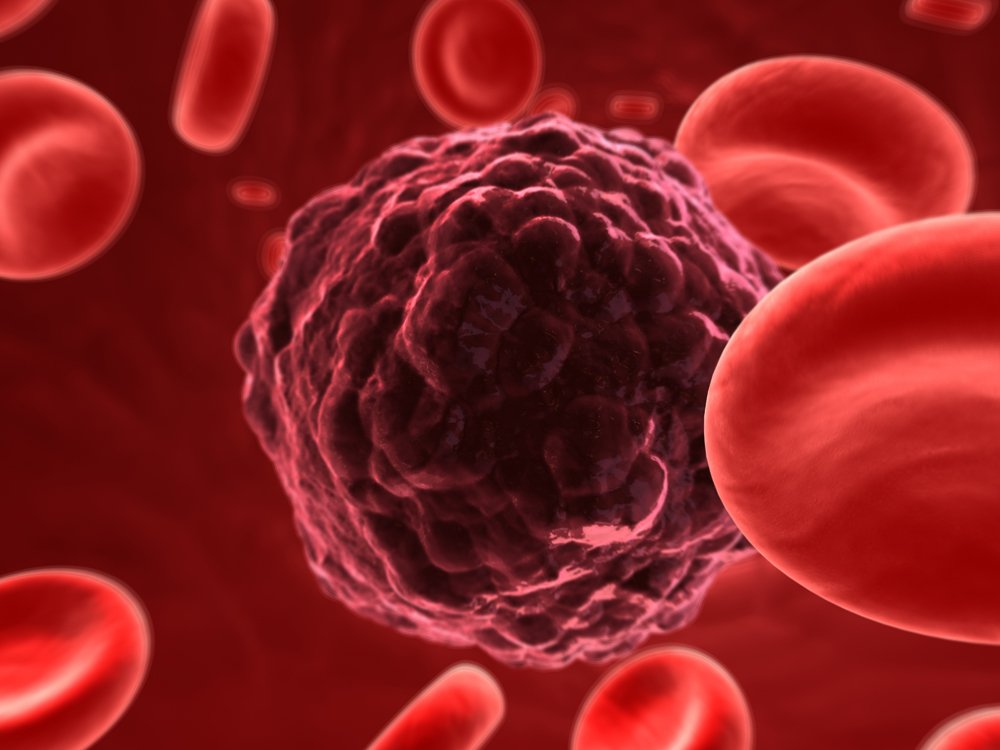
GBI Research predicts that novel therapies will generate revenue of $2,979m by 2018 for the oncology therapeutics market
Singapore: Cancer treatments are becoming increasingly personalized, as regulators are approving therapeutics offering significant benefits to small target populations, according to a new report by healthcare experts GBI Research.
The new report states that although therapeutic options that target a small population are expensive, their uptake is expected to be rapid in the target population.
The approval of Pfizer's Xalkori (crizotinib), which treats only five percent of the total non-small cell lung cancer (NSCLC) patient population, and the change in Erbitux's coverage of the colorectal cancer patient population (from every patient to wild type V-Ki-ras2 Kirsten rat sarcoma viral oncogene homolog (KRAS) patients) indicates a shift in focus to more personalized cancer treatment.
The launch of novel pipeline molecules such as Avastin, T-DM1, Afinitor, Iniparib, Afatinib, V503, Tykerb and Thera CIM, is projected to add $2,979m in revenue by 2018. These novel molecules are expected to be launched during the next six years, and are expected to increase progression-free survival, therefore promising a better life to many cancer patients. The molecules are also expected to address the safety and unmet needs of various cancer treatments for breast cancer, ovarian cancer, cervical cancer, NSCLC and Non-Hodgkin's Lymphoma (NHL).
The development pipeline contains targeted therapeutics in phase III, which are expected to be launched during the next few years to drive growth in the oncology market. Pipeline drugs include protein kinase inhibitors, monoclonal antibodies and vaccines, with a total of 1,198 molecules under investigation.
The protein kinase inhibitor has the highest number of molecules under development, accounting for 42% of the oncology pipeline, with 194 monoclonal antibody molecules in development and 63 vaccine molecules in various stages of development. Protein kinase inhibitors are one of the major classes under development, due to the role of this protein in helping cancer cells evade normal physiological constraints on growth and survival.
Monoclonal antibodies such as Avastin (bevacizumab), Erbitux (cetuximab), Rituxan (rituximab) and Herceptin (trastuzumab) also represent a leading class of drugs in the oncology therapeutics market. These are safer and more effective than the conventional chemotherapy treatment options, and target the unmet needs of late-stage cancer patients, having proven successful in improving survival and quality of life. The number of monoclonal antibodies in the drug development pipeline for the treatment of cancer increased over the last decade, driven by their own success, but they are therefore priced at a premium.
GBI Research predicts that novel therapies will generate revenue of $2,979m by 2018 for the oncology therapeutics market, which will grow at a CAGR of 113% during 2012-2018.




